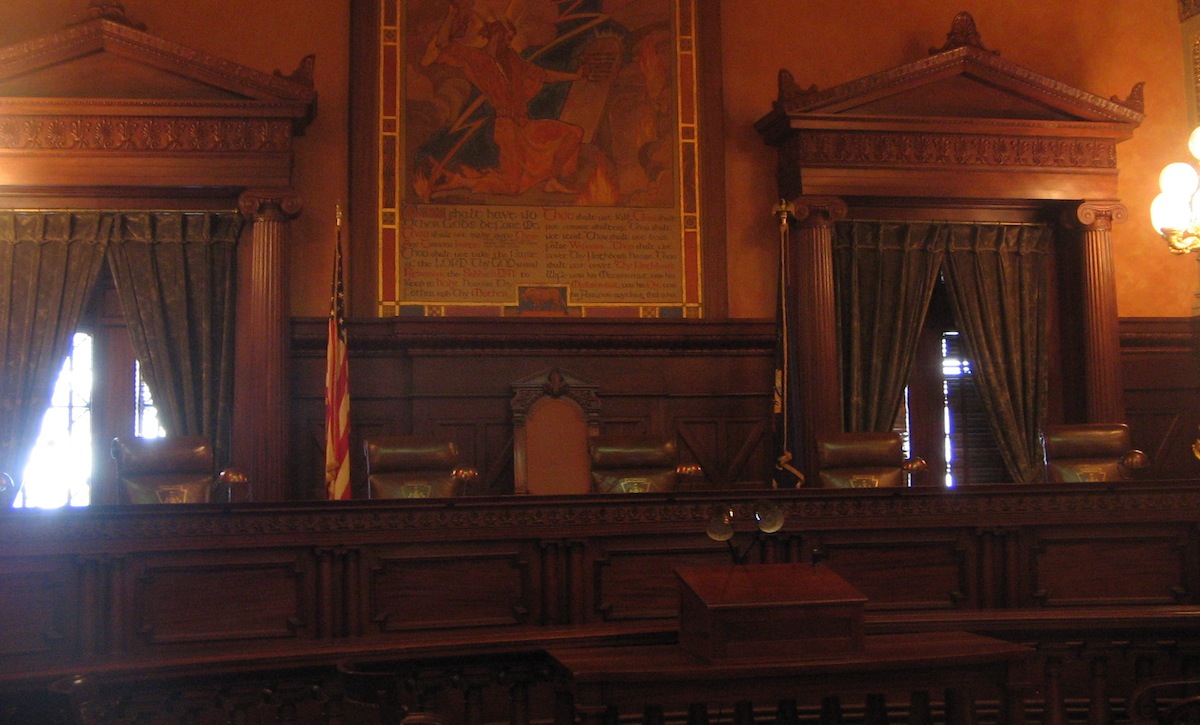A recent ruling by the Pennsylvania Supreme Court puts limits on a state law meant to ensure that contractors and subcontractors receive prompt payment for their work.
The court ruled that the state’s Contractor and Subcontractor Payment Act (CASPA) does not apply to construction projects where the owner is a governmental entity. The case, Clipper Pipe & Service, Inc. v. Ohio Casualty Insurance Co., pertained to the construction of an addition and renovations to the Navy/Marine Corps Reserve Training Center in the Lehigh Valley.
The contractor, Contracting Systems, Inc., failed to pay a subcontractor, Clipper Pipe & Service for performance of mechanical and HVAC work, according to JD Supra Business Advisor. Clipper sued CSI and its surety, asserting claims for breach of contract and violation of CASPA. The claim likely would have allowed it to recover its attorneys’ fees and possibly a statutory penalty if the court had ruled in the subcontractor’s favor.
On public projects, contractors working in Pennsylvania must rely on the Prompt Pay Act (“PPA”), which governs the payment obligations and rights of contractors and subcontractors on public projects. That statute, however, differs from CASPA with different timing provisions for payment, a different rate of interest, and a different burden of proof associated with penalty and attorneys’ fees provisions. Notably, it is also more difficult for a party to recover attorneys’ fees and penalties under the PPA than under CASPA.
Related Stories
Codes and Standards | May 1, 2015
Colorado House kills construction defects bill
The legislation would have made it harder for condo owners to sue builders.
Codes and Standards | May 1, 2015
New energy efficiency program, Tenant Star, gets OK from Congress
The voluntary program for commercial and government buildings is modeled after Energy Star.
Smart Buildings | May 1, 2015
FEMA to require states to evaluate risks posed by climate change
The aim is for states to do a better job planning for natural disasters they are likely to face in a warming world.
Codes and Standards | May 1, 2015
Department of Energy asks for feedback on cost-effectiveness of building energy codes
DOE’s RFI wants input on how to improve methodology on cost assessment.
Codes and Standards | Apr 22, 2015
New York State renews design-build authority
Five state agencies are allowed to use design-build on certain projects.
Codes and Standards | Apr 22, 2015
OSHA’s estimated cost of silica rule said to underestimate impact by $4.5 billion annually
The coalition says that OSHA’s flawed cost estimates point to flaws in the rule, and has urged the federal agency to reconsider its approach.
Codes and Standards | Apr 22, 2015
2016 Seismic Provisions for Structural Steel Buildings draft available for public review
The comment period is open until May 29.
Codes and Standards | Apr 22, 2015
GBCI renamed Green Business Certification Inc.
The name change reflects the organization’s expanded certification and credentialing services.
Multifamily Housing | Apr 16, 2015
Seattle’s size restriction on micro apartments blamed for rise in rents
Seattle’s city planner recently said that the council’s new rules have made small apartments more expensive to build and charged the board with “overreaching” and not giving micro-housing “a fair shake.”
Green | Apr 16, 2015
New version of Building Energy Data Exchange Specification launched
BEDES is a dictionary that facilitates consistent exchange of building characteristics and energy use data between tools and databases in the building energy efficiency sector.















